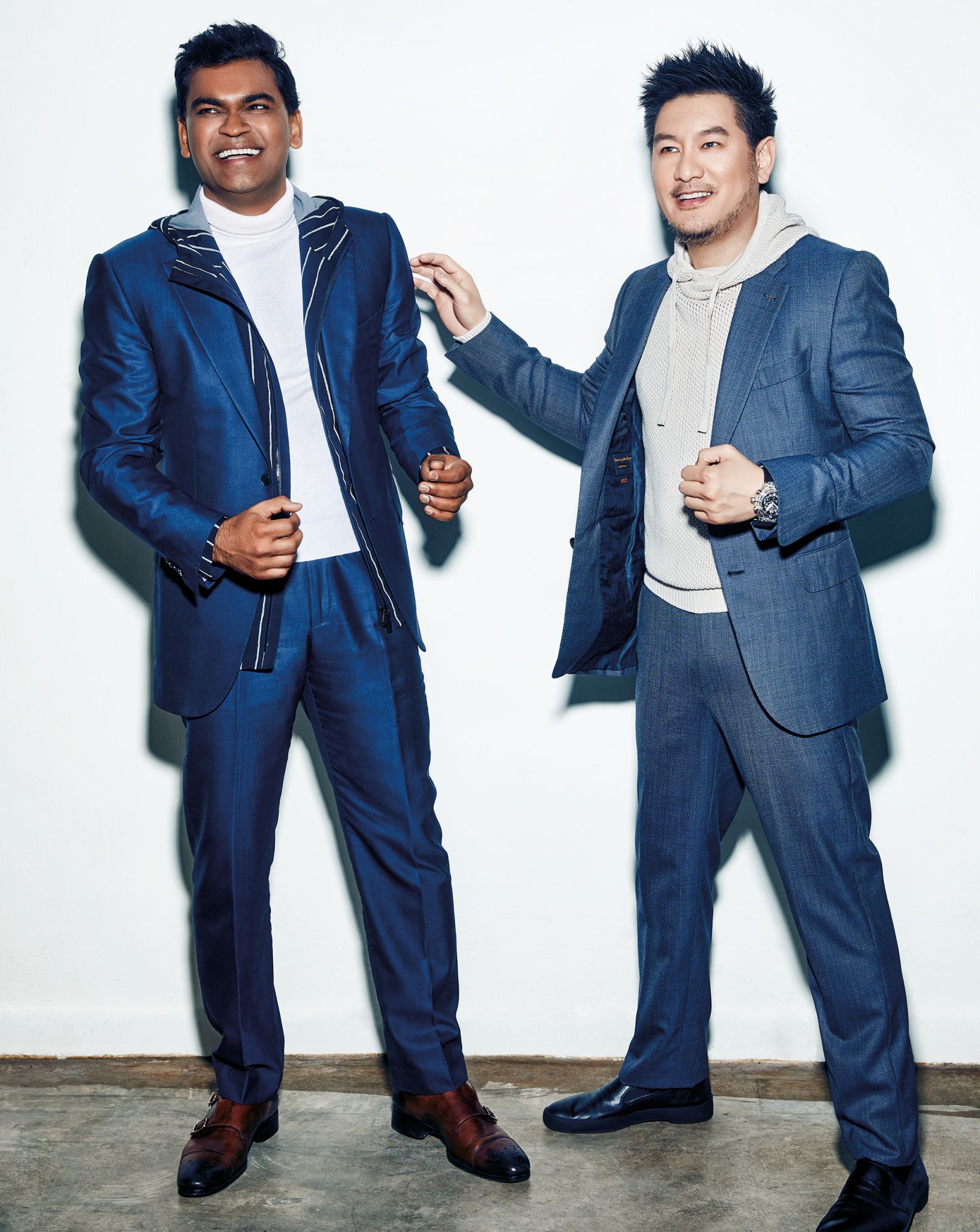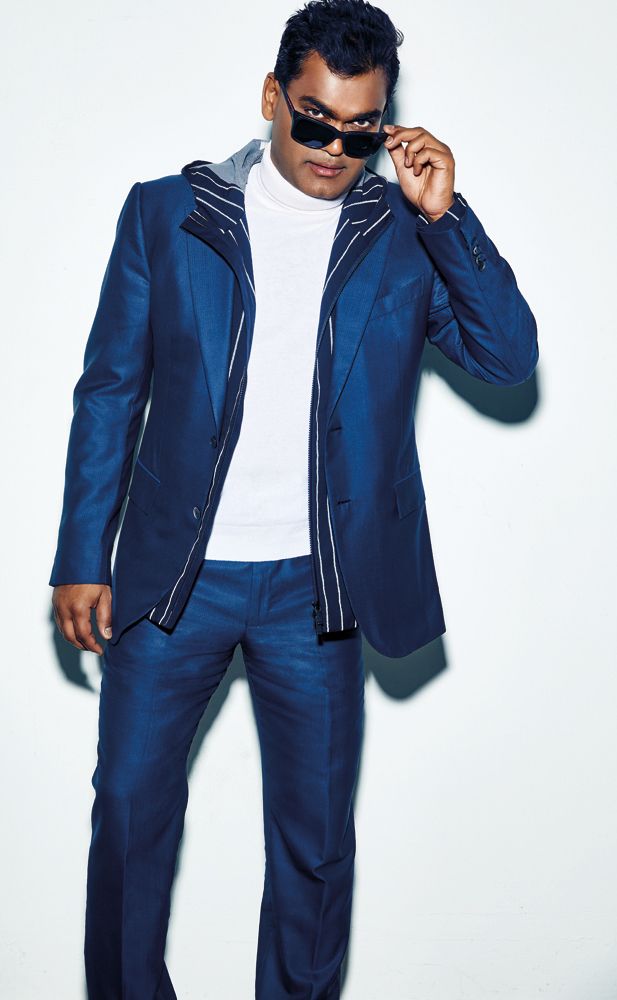Saurabh Mittal and Chatri Sityodtong’s friendship has sustained them through good times and bad. Now, it is the secret weapon they're wielding to make One Championship Asia’s largest sports league.
In most photographs that accompany articles about One Championship founder, chairman and CEO Chatri Sityodtong, the lifelong martial arts practitioner looks dead serious. Often his arms are folded, sometimes his fists are clenched, and he is almost always not smiling. That intensity befits a man who started learning muay thai at age 13, still trains every day, and now heads a company whose mixed martial arts (MMA) matches are broadcast to 1.7 billion viewers in 128 countries and counting.
Growing up
Today, however, we are shooting Chatri together with his close friend and business partner Saurabh Mittal, who sits on One Championship’s board of directors and has been instrumental in helping Chatri with key decisions since he first dreamed up the idea of creating a major Asian sports league in 2011. And it is hard not to smile when you are horsing around with your buddy for the camera. The two first met in their 20s, during orientation at Harvard Business School.
“But we really became friends in the cafeteria a few days later, when I asked him to join me in a study group,” Chatri remembers. “I don’t know why I asked him. He was just walking with a tray of food. I didn’t even know if he was a smart person or not, he could have been an idiot.” They both laugh, before Saurabh calmly counters with a wisecrack of his own: “The others had all run away. I was the only gullible guy left.”
(Related: 5 Minutes With... Chatri Sityodtong)
All jokes aside, it turned out to be a great ask. Saurabh, trained in electrical engineering in India, was new to the world of business. “In the first month or so, it was very apparent that my business knowledge was far ahead of his,” says Chatri, who had studied economics as an undergraduate at Tufts University in the US. “But it also became clear that he was the smartest guy I’d ever met in my life, full stop.”
Saurabh had been a top student in his cohort at Delhi’s Indian Institute of Technology and had worked on oil rigs to save money for Harvard. “My mum taught in a university, my dad was a government doctor. At that time, India was a socialist country, and honest people who worked for the government made no money,” he says. When he arrived in the US at the age of 23, “I was completely fresh off the boat”.

Chatri, born and raised in Thailand, was the eldest of two boys whose architect turned property broker father went bankrupt during the Asian financial crisis and abandoned his wife and children soon after. Going to Harvard for his MBA was a gamble Chatri’s Japanese mother was willing to roll the dice on because the opportunity might give her son the chance to lift the family out of their dire straits. He survived those tough years by taking out loans and working jobs such as delivering food and teaching muay thai.
The two soon became fast friends, along with a third study group member, Soon Loo, who is now the CEO of Brunei Economic Development Board. “We were some of the poorest kids at that school,” Chatri says. “We had no reason to be friends other than the fact that we liked one another. The three of us hung out 24/7, not just to study, but for meals…,” he starts, before Saurabh chimes in, “… and finding the cheapest places to eat.” (Yes, they often finish each other’s sentences). In hole-in-the-wall Asian eateries, over pocket‑friendly Korean buffets and Vietnamese noodle soups, the boys forged the enduring foundation of their friendship.
(Related: Klook Founder Eric Gnock Fah On Building A Business Across Borders)
Ask them to reveal things about each other (that is fit for print), and you see more evidence of their camaraderie. “Chatri comes across as a complete hard-ass when you first meet him, but he’s actually very loyal and relationship-driven,” says Saurabh. “He’s been known to cry—tears of joy, not unhappiness.” Probe gently for more details, and he makes sure to protect his friend’s privacy. “The context is not relevant. It’s the emotional vulnerability which is unique, and that’s not obvious to 99.9 per cent of the people who know him, only to the inner circle.”


